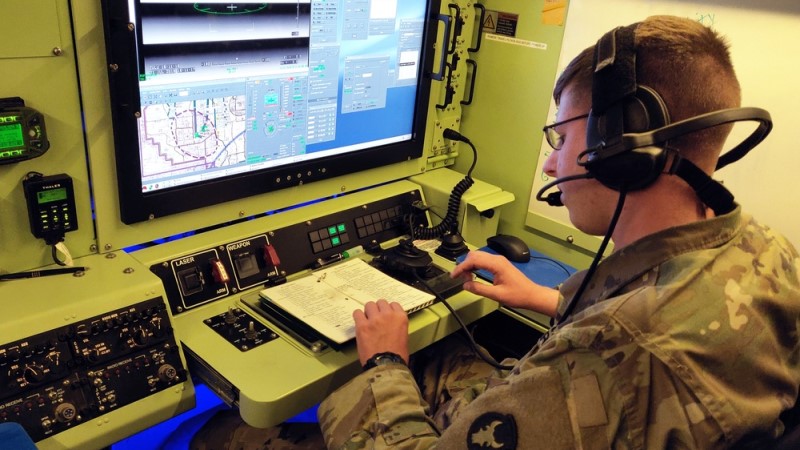Can Pakistan Offer the U.S. Military Bases to Target Islamic State in Afghanistan?
By Umair Jamal
September 20, 2021, the CACI Analyst
After the withdrawal of international troops from Afghanistan, U.S. intelligence agencies are seeking ways to maintain its intelligence-gathering and counterterrorism presence in the region. One of few options is Pakistan, which has previously provided U.S. intelligence agencies with bases for counterterrorism operations in Afghanistan and beyond. After the recent attack by Islamic State Khorasan Province (ISKP) at Kabul Airport that killed scores of U.S. soldiers and Taliban fighters, Pakistan may open its airspace for U.S. counterterrorism operations against ISKP in Afghanistan. However, for any such deal to become possible, Pakistan would want the U.S. to only target the ISKP after getting the nod from the Taliban – Islamabad’s longtime allies and the new rulers of Afghanistan.

Afghanistan-Pakistan Intelligence Cooperation and the Prospect of Peace
By Sudha Ramachandran (06/10/2015 issue of the CACI Analyst)
Pakistan and Afghanistan have signed a landmark deal providing for cooperation between their intelligence agencies. Jointly tackling terrorism is the ostensible aim of the pact. Will it help bring the Taliban to the negotiation table and contribute to Afghan reconciliation or will it trigger a new round of fighting in Afghanistan? The pact’s future is uncertain as it faces fierce resistance in Afghanistan. More importantly, Pakistan has not reciprocated Afghan President Ashraf Ghani’s gestures. Is Ghani’s plan to bring peace to Afghanistan backfiring?




